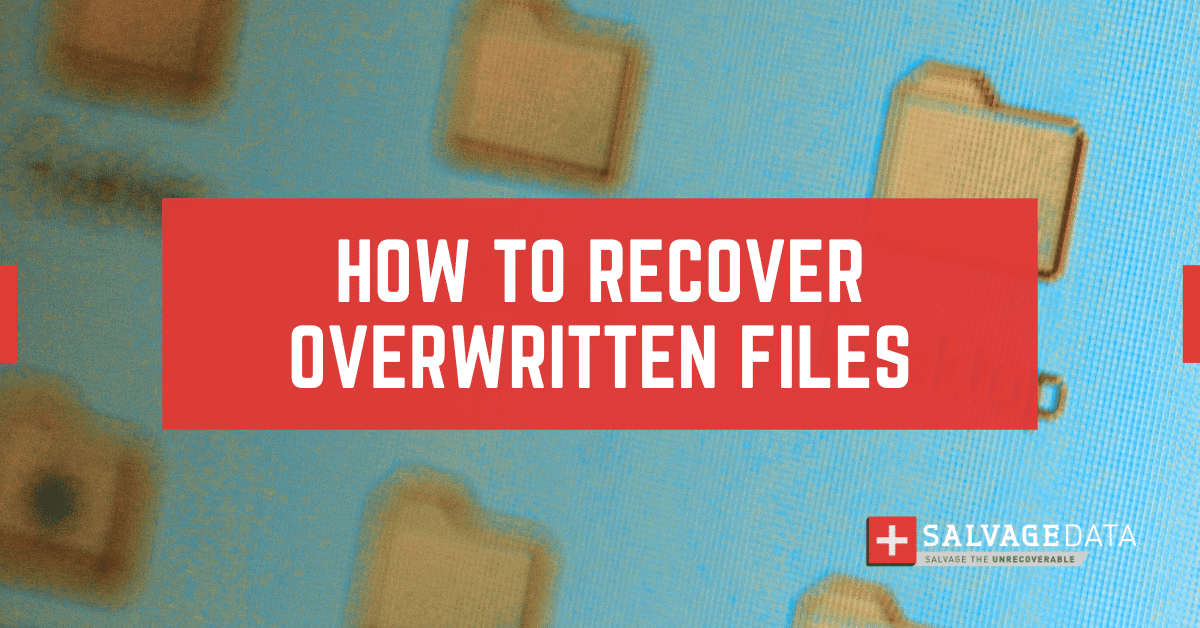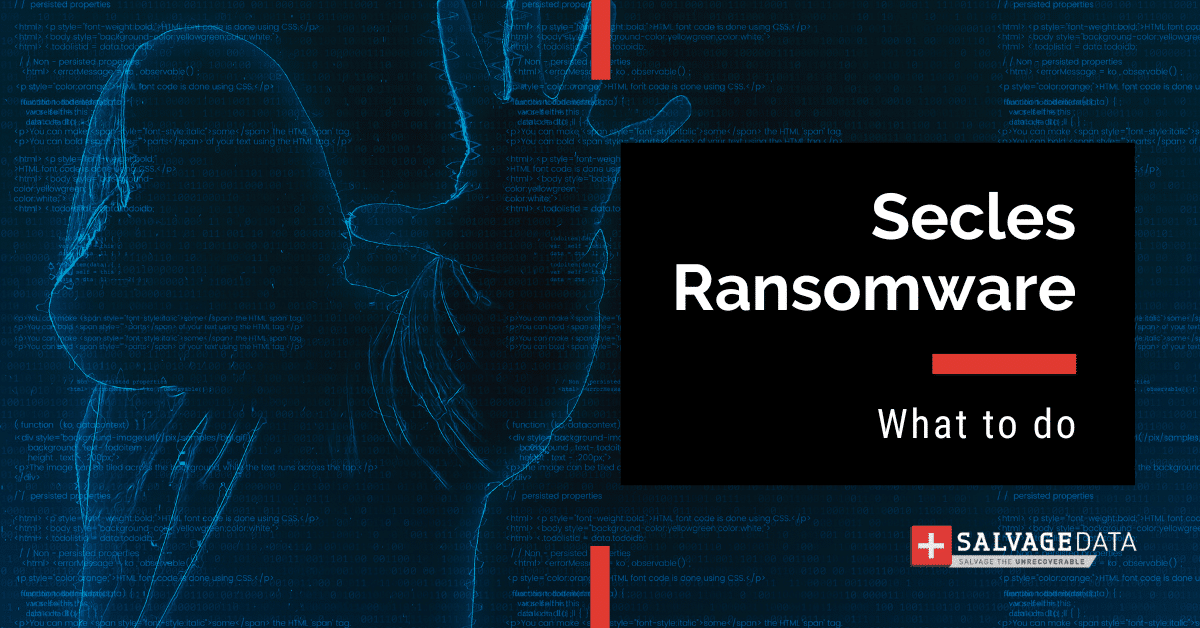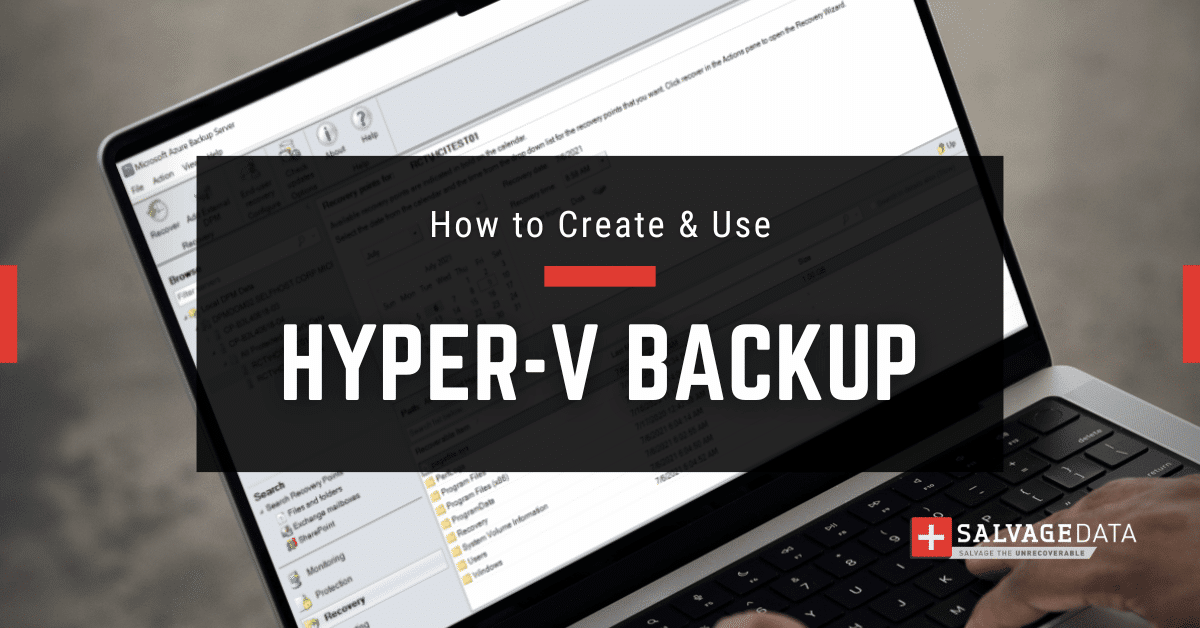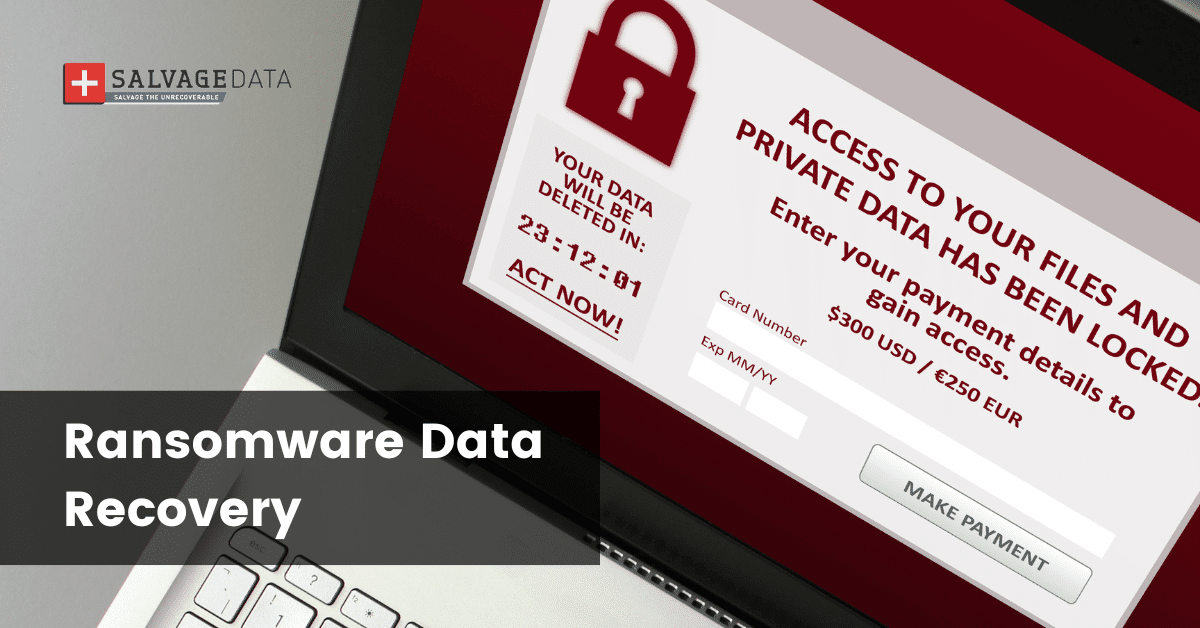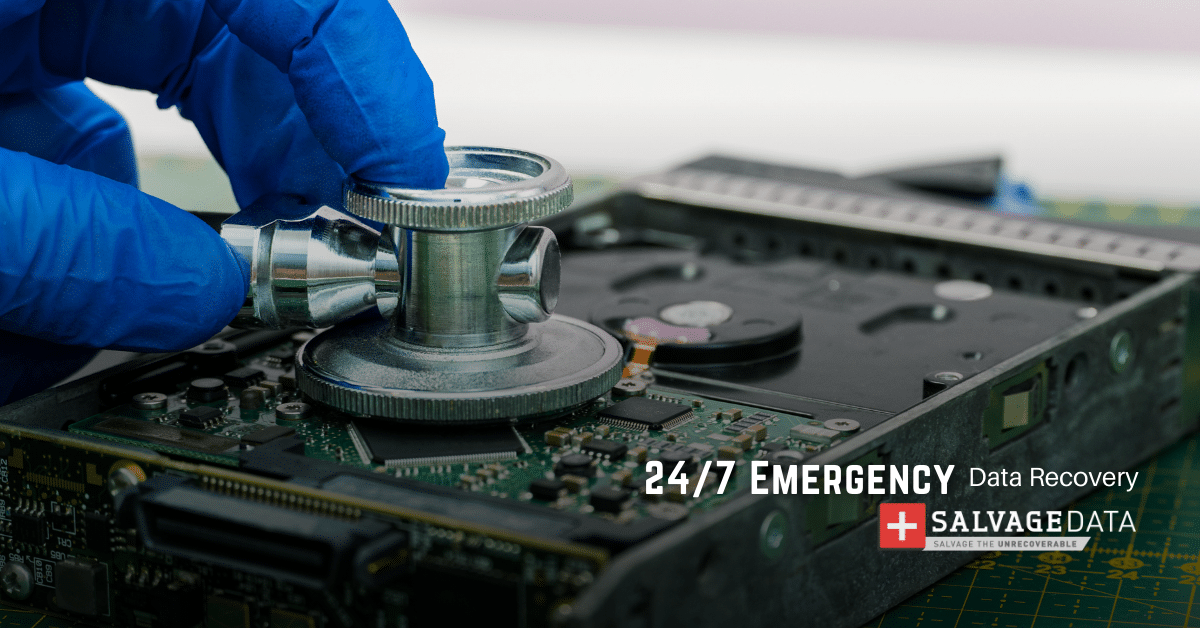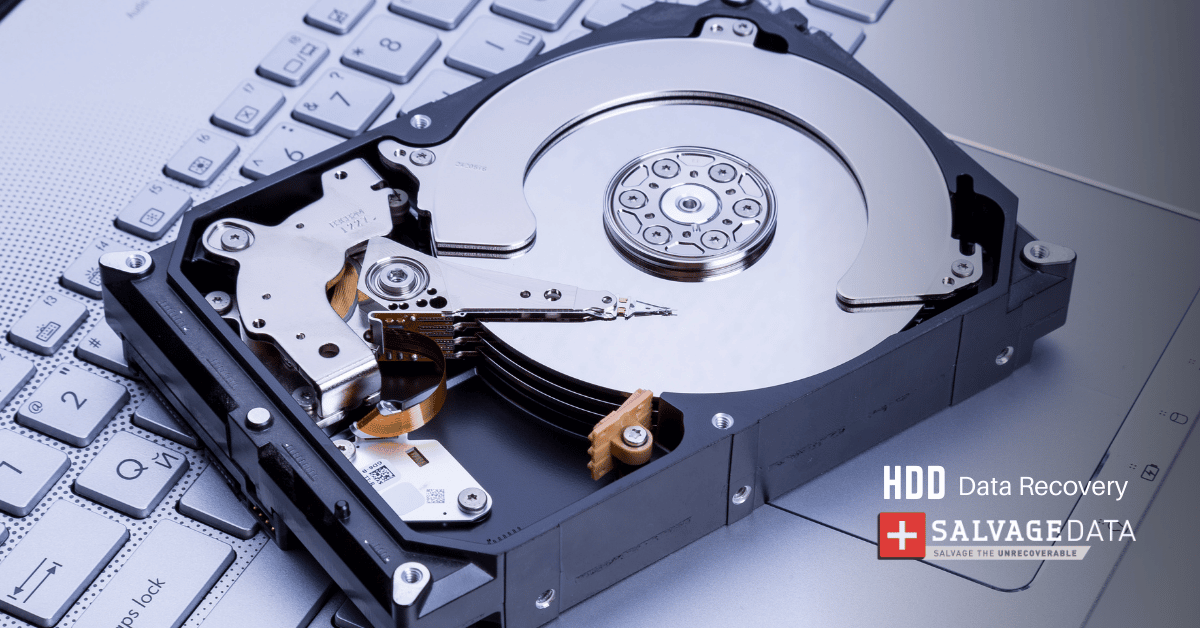Recent Articles
How To Recover Overwritten Files
The Snowflake Data Breach: A Comprehensive Overview
Mac Not Recognizing External Hard Drive: Quick Fix Solutions
How Multi-Cloud Backup Solutions Can Prevent Data Disasters
Capibara Ransomware: What is it & How to Remove
What Should a Company Do After a Data Breach: The Ticketmaster Incident
Secles Ransomware: Removal Guide
What To Do When Your Chromebook Freezes
How to Create Hyper-V Backup
What Is The Best Data Recovery Software For PC

I think there's an issue with my storage device, but I'm not sure Start a free evaluation →
I need help getting my data back right now Call now (800) 972-3282
What is NegozI Ransomware?
NegozI is malicious software that can encrypt your files and demand a ransom for the decryption key. This type of ransomware is also known as cryptovirus, cryptoTrojan, or crypto Worm. It uses strong encryption algorithms to encrypt files on your computer, making them inaccessible. The ransomware also deletes shadow copies and Windows backups, which makes it even more difficult to recover the encrypted files. The NegozI Ransomware may add the “.locked” or “.negoziransomed” extension to the encrypted files.
How does NegozI Ransomware spread?
It generally spreads through email attachments, fraudulent downloads, and infected websites. When you open the attachment or click on the malicious link, the Negozl Ransomware gets downloaded and installed on your computer. Once installed, it starts encrypting files on your computer.
What encryption algorithm does NegozI Ransomware use?
This ransomware uses the AES encryption algorithm to encrypt files on your computer. AES is symmetric key cryptography, which means that the same key is used for both encryption and decryption.
What types of files does NegozI Ransomware encrypt?
It generally encrypts all types of files on your computer, including documents, images, videos, etc. However, it avoids encrypting system files so that your computer can still function properly.
How much ransom does NegozI Ransomware demand?
The Negozl Ransomware demands a ransom of 0.5 Bitcoin, which is currently equivalent to $3,000. But the amount may vary depending on the victim’s location and the current value of Bitcoin.
The ransom note instructs you to contact the attackers at the email address provided to make the payment. It also warns you not to try to decrypt the files yourself, as it may result in permanent data loss.
History
NegozI Ransomware was first spotted in the wild in August 2019. It is believed to be a variant of the STOP Ransomware family. It was first seen being distributed through a widespread spam campaign. The emails used in the campaign pretended to be from a delivery company and contained a ZIP attachment masquerading as an invoice. When opened, the ZIP file would extract and run a JavaScript file that downloaded and executed the NegozI Ransomware payload.
What was the biggest NegozI Ransomware attack?
The biggest NegozI Ransomware attack was the one that infected the computers of the South Korean web hosting company Nayana. In this attack, 153 Linux servers were encrypted, and the attackers demanded a ransom of $1 million. However, the company eventually negotiated the ransom down to $600,000 and paid it in 3 installments to get the decryption key.
Protection
To protect your computer from NegozI and other ransomware infections, you should use a reliable antivirus program and keep it up-to-date. Also, you should be careful about opening email attachments from unknown senders. If you receive an attachment that you were not expecting, do not open it. Instead, delete the email immediately. You should also avoid visiting websites that are known to be associated with malware.
What should you do?
If attackers infected your computer with NegozI Ransomware, you should not pay the ransom. There is no guarantee that the attackers will provide you with the decryption key, even if you make the payment. Also, by paying the ransom, you would be encouraging the attackers to continue their malicious activities.
Instead of paying the ransom, you should try to restore your files from a backup. If you don’t have a backup, you can try using a file recovery program to recover the encrypted files.
We built SalvageData data recovery software to help you.
How to remove NegozI Ransomware?
To remove NegozI from your computer, you can use a reputable anti-malware program.
Once you have removed this ransomware from your computer, you should change all your passwords. This is because the attackers may have access to your passwords if they have encrypted your files. Also, make sure to use a strong password for your email account, as this is often the first target of attackers.
Public decryption tool
There is no public decryption tool available for NegozI Ransomware at this time.
Contact a data recovery service
If you have NegozI Ransomware and are unable to remove it or decrypt your files, you should contact a data recovery service.
SalvageData Recovery Services has over a decade of experience in data recovery, and our team of experts can help you recover your NegozI Ransomware encrypted files. We offer a free consultation to help you determine the best course of action. We are ready to help you 24/7/365. Contact us today to get started.

